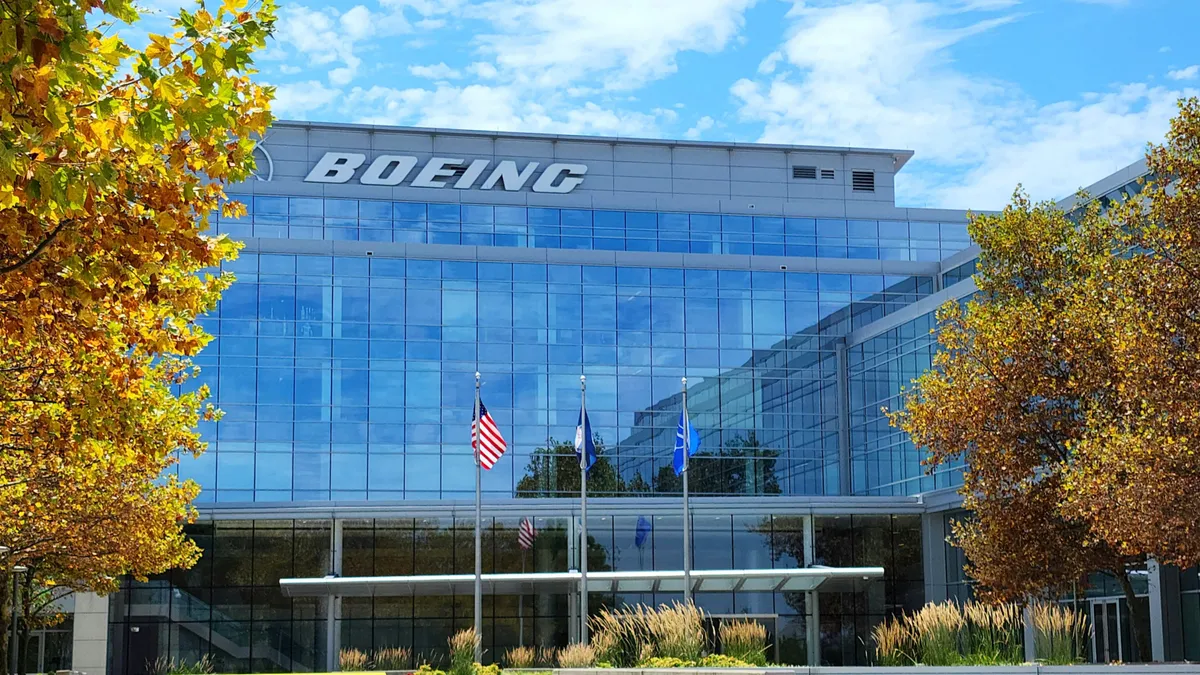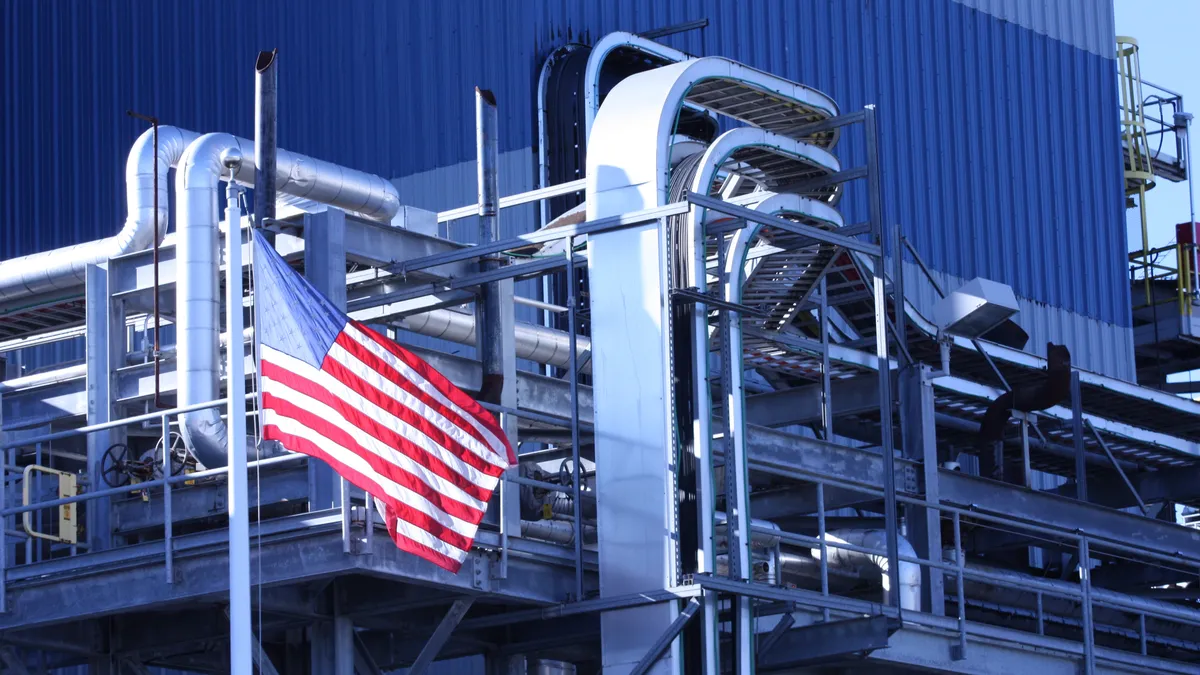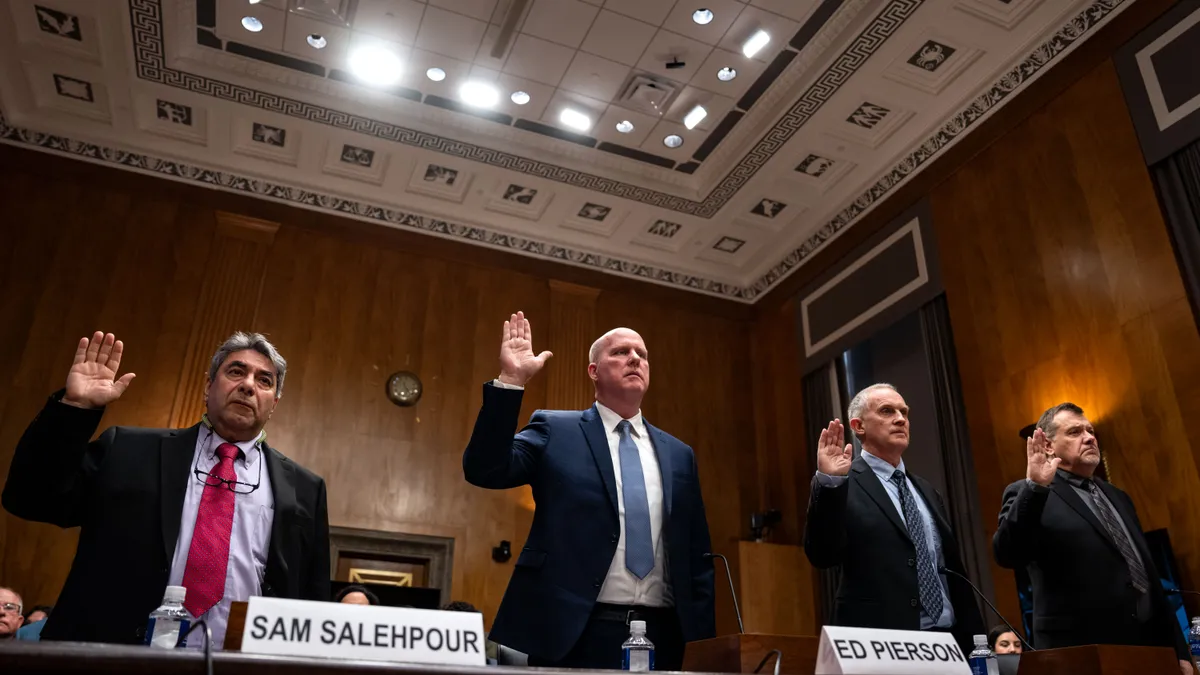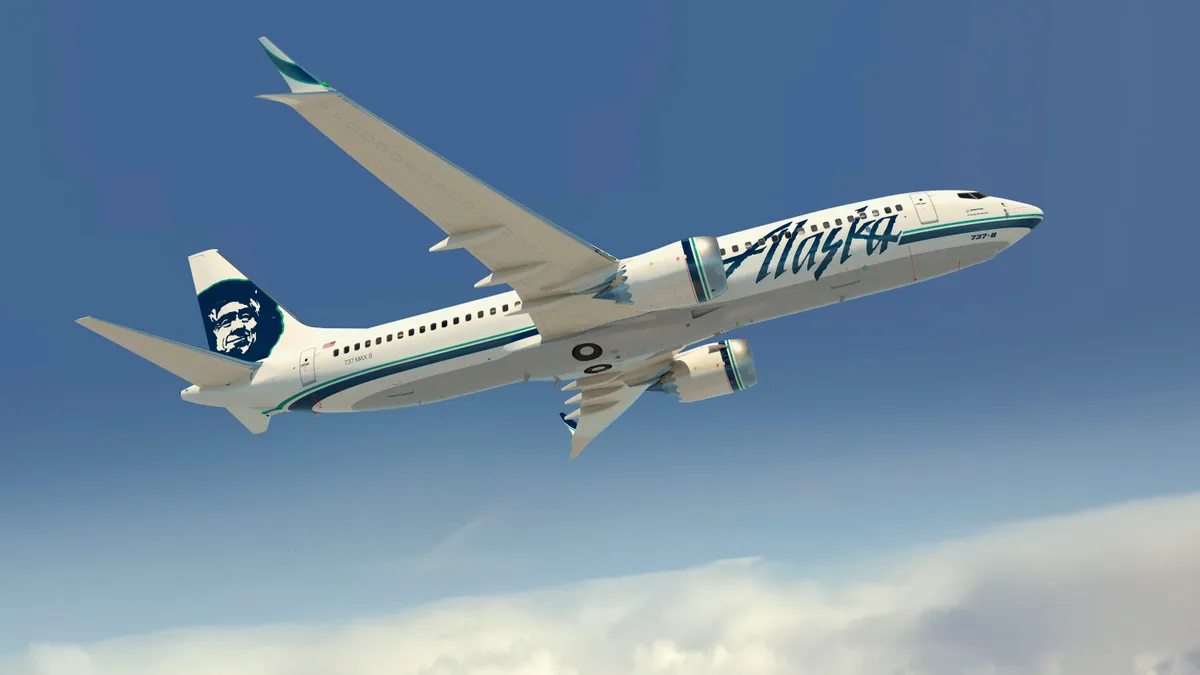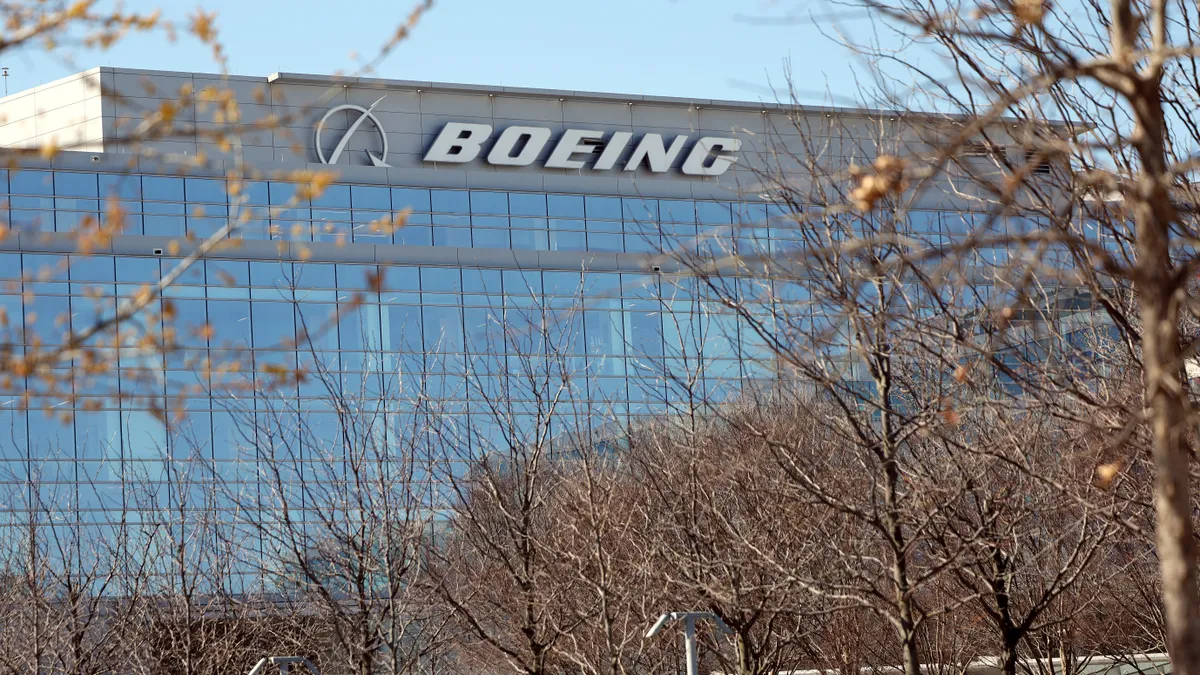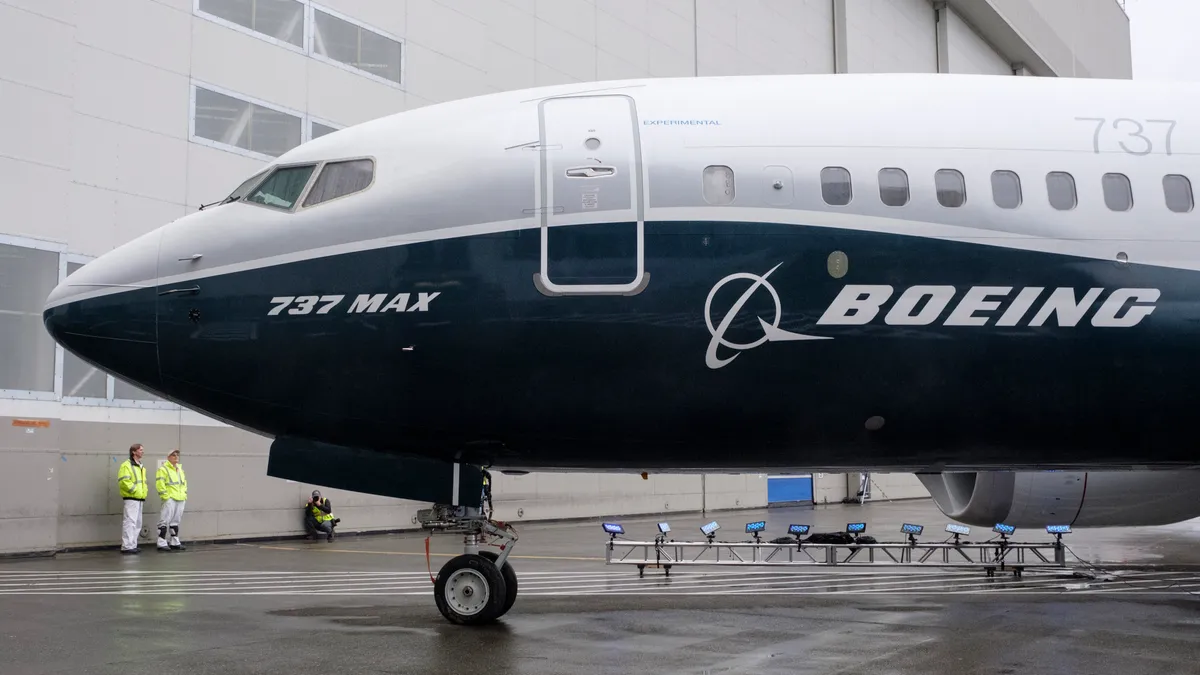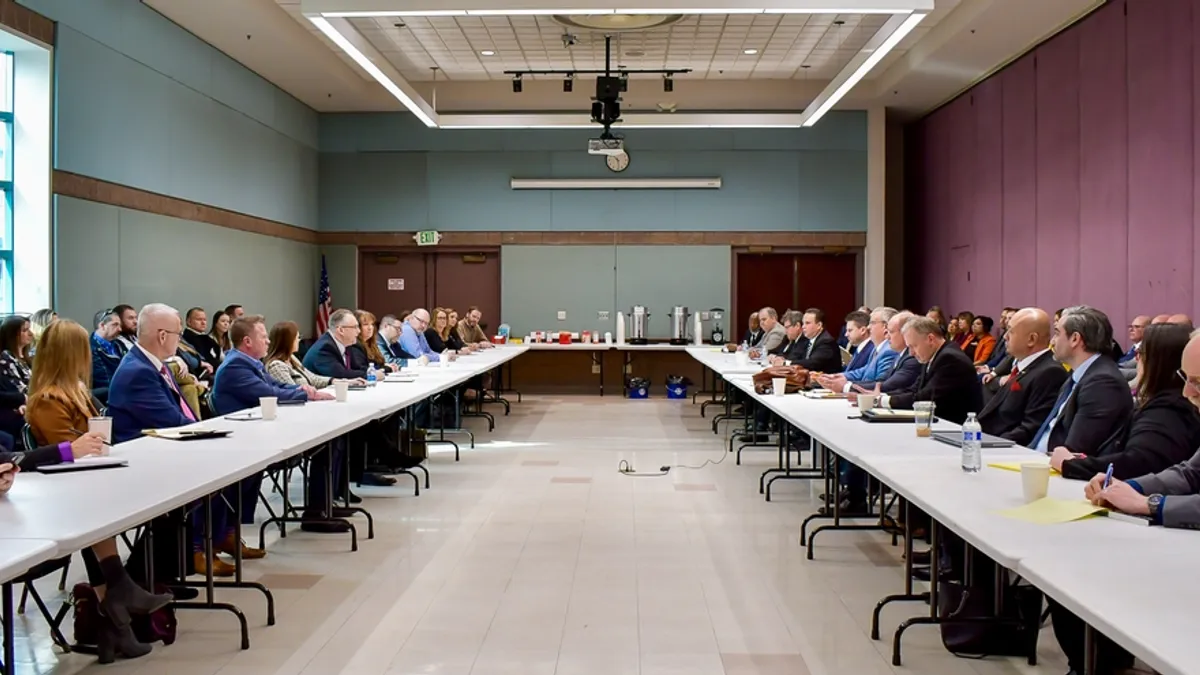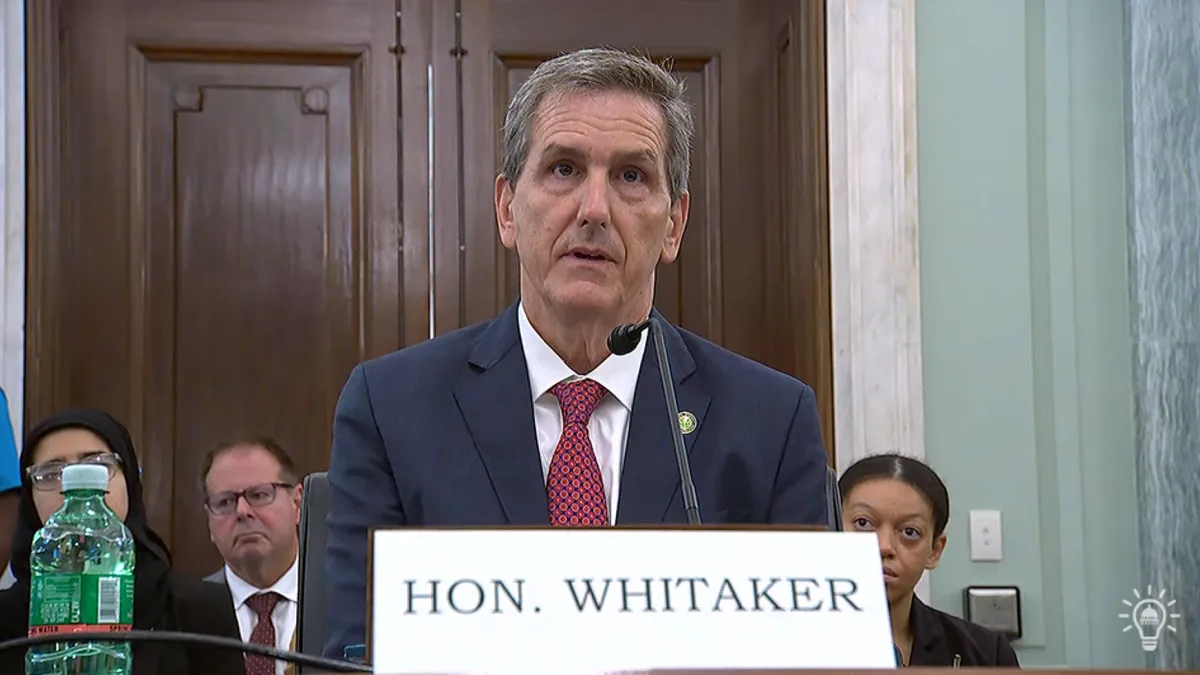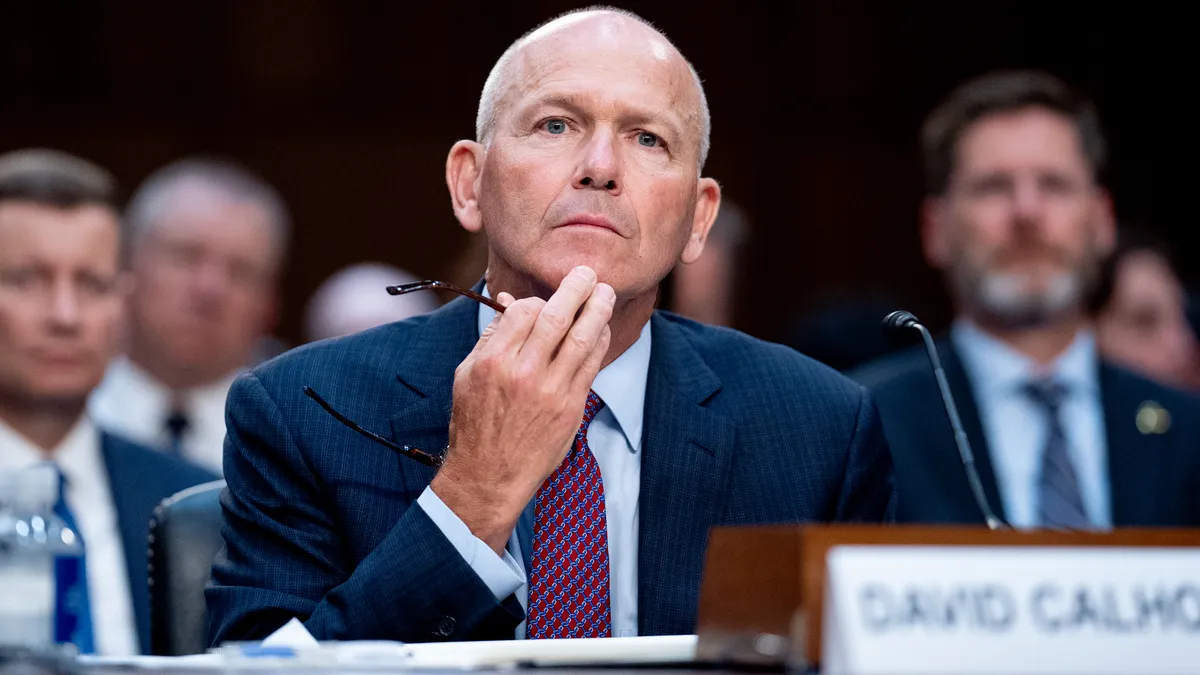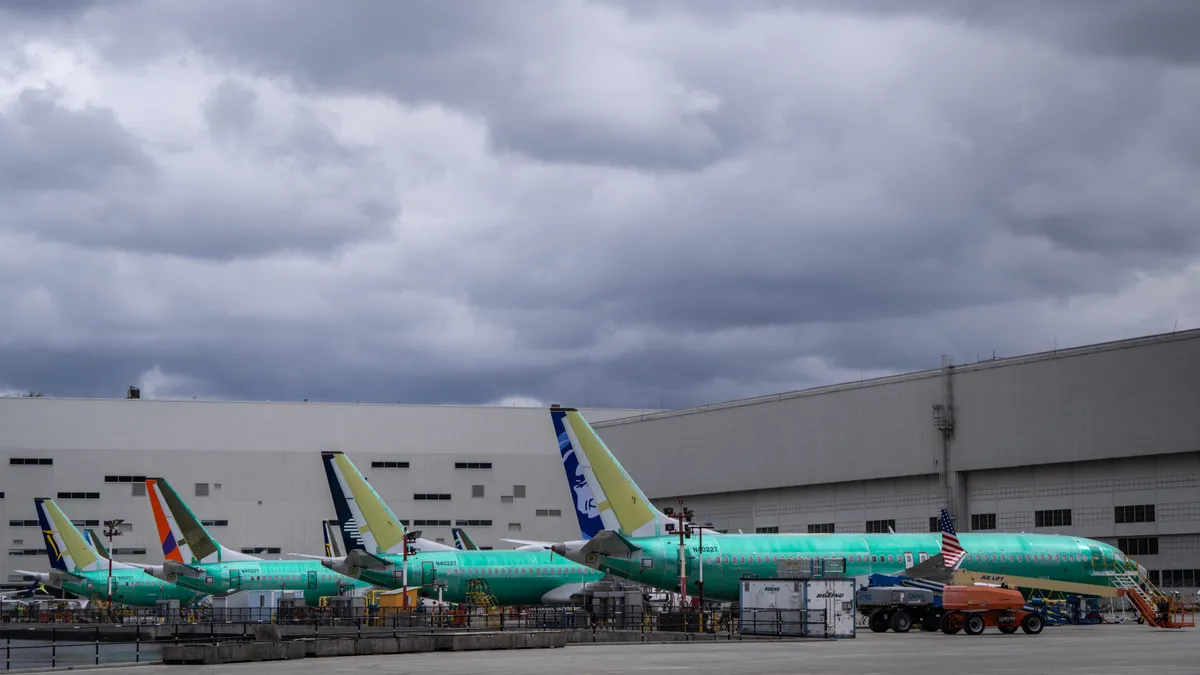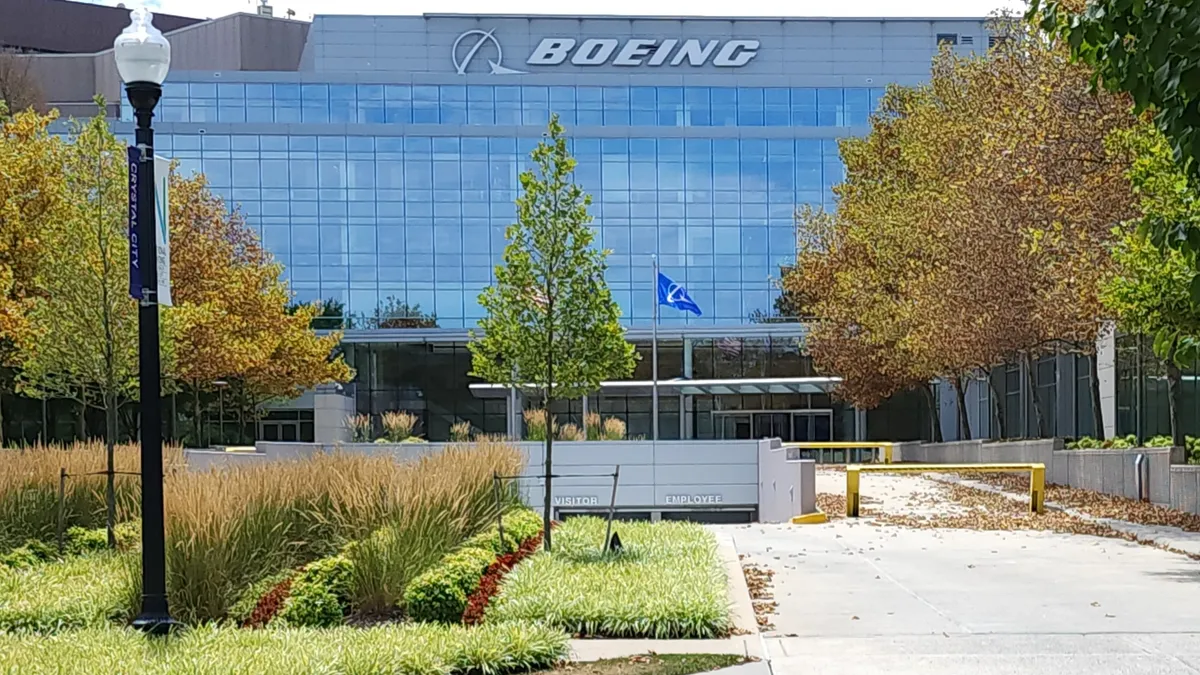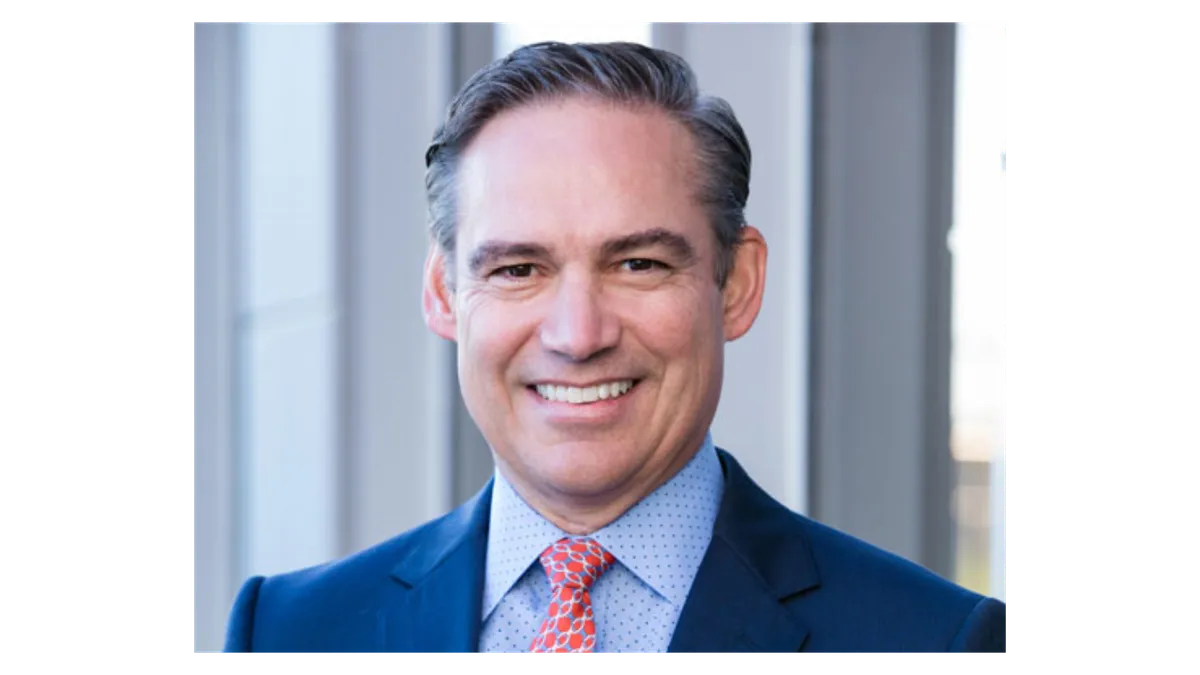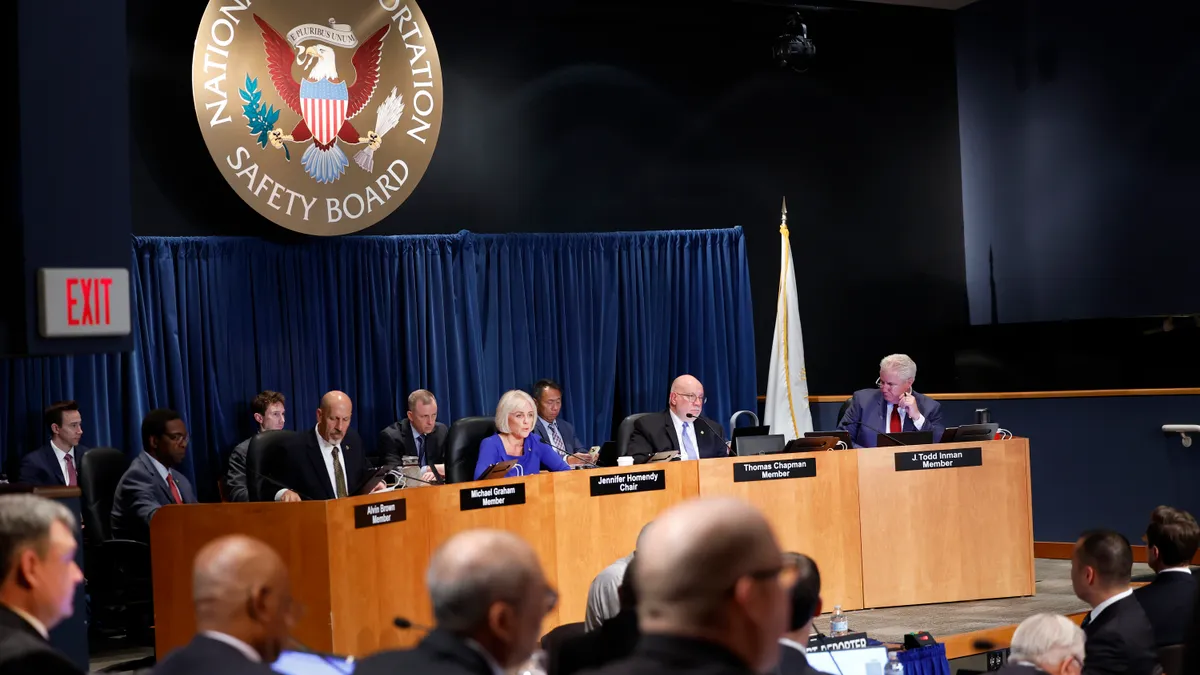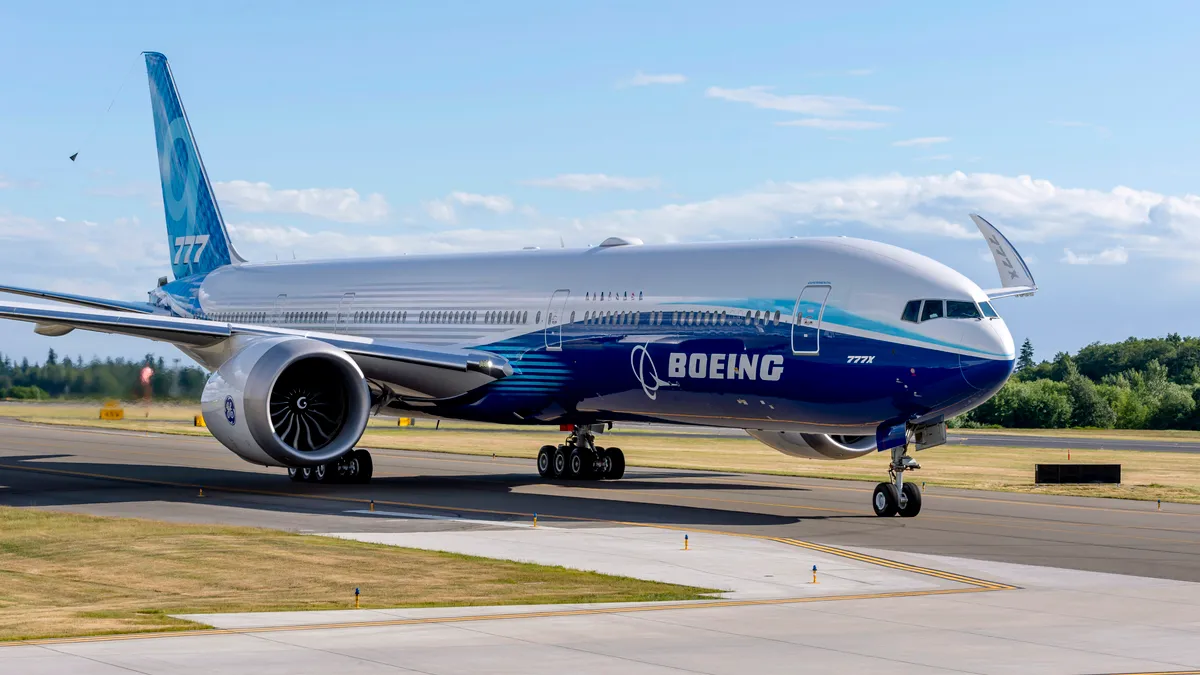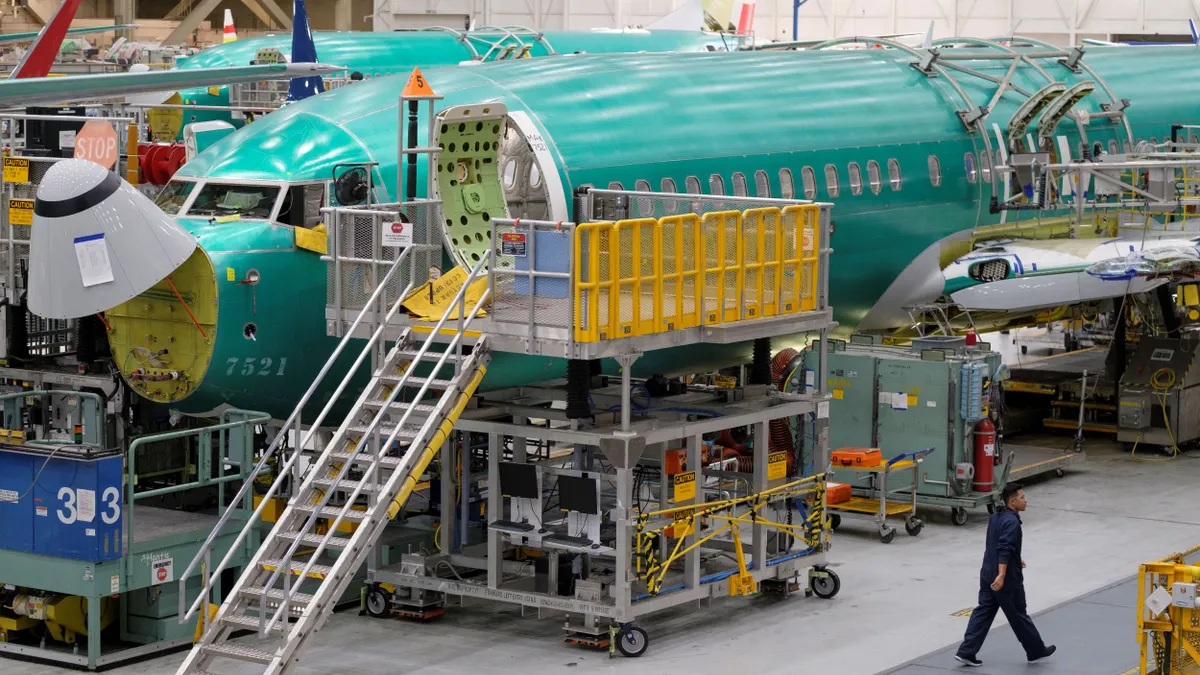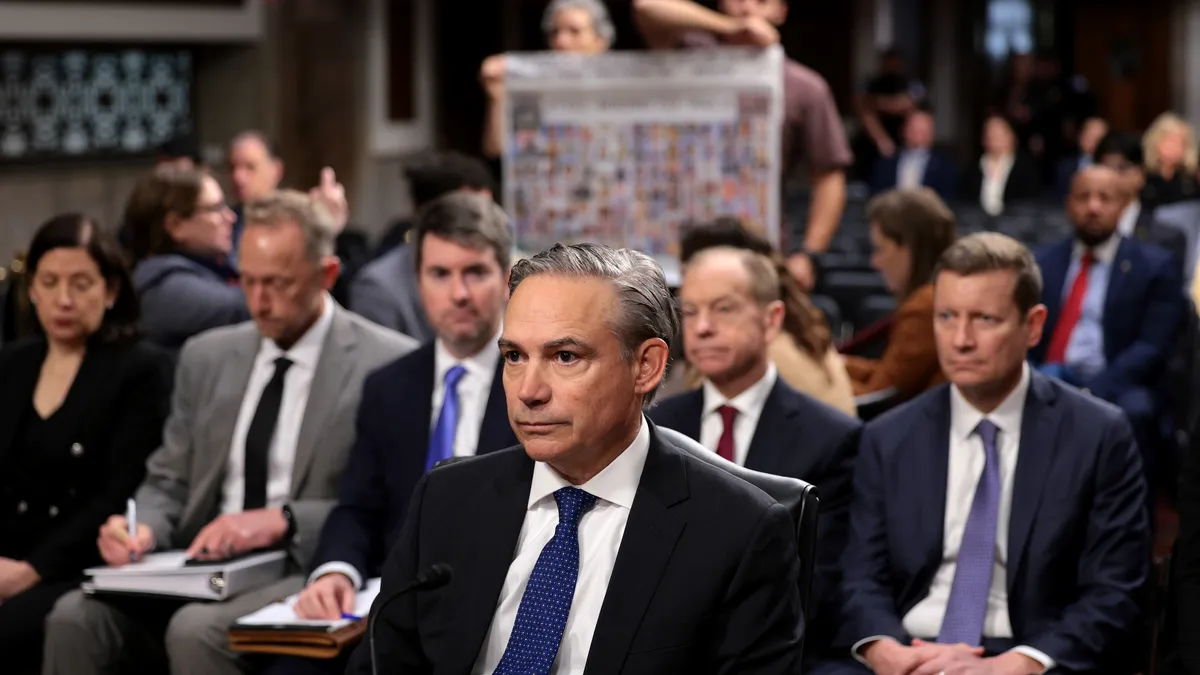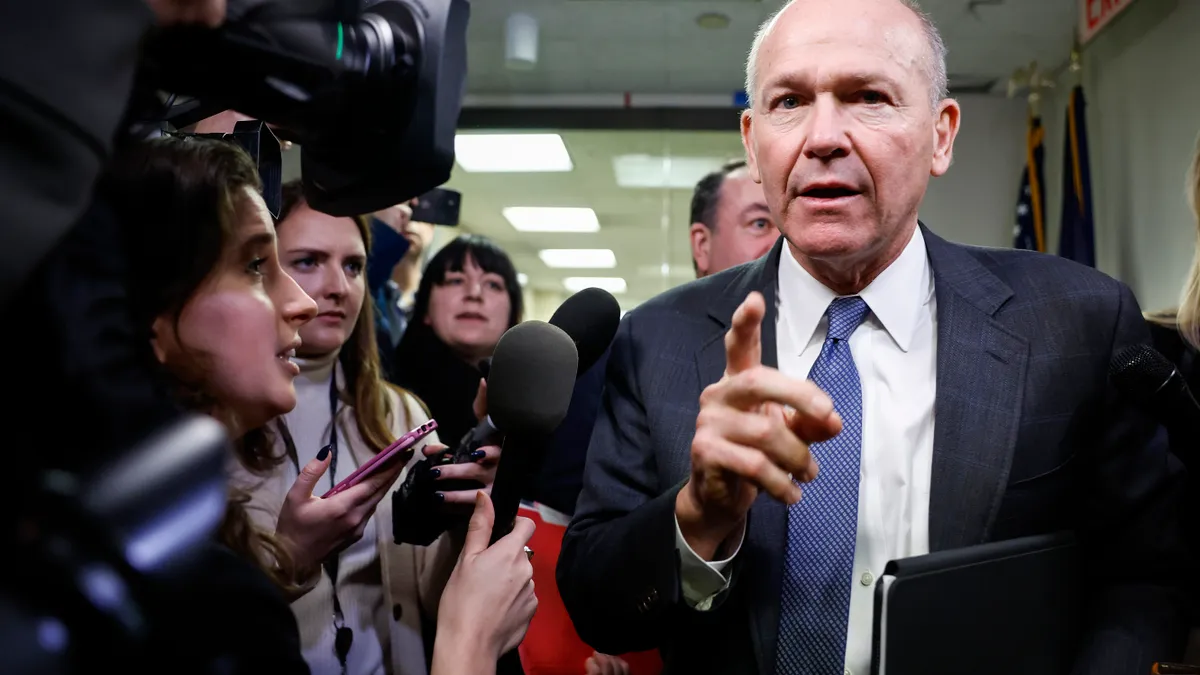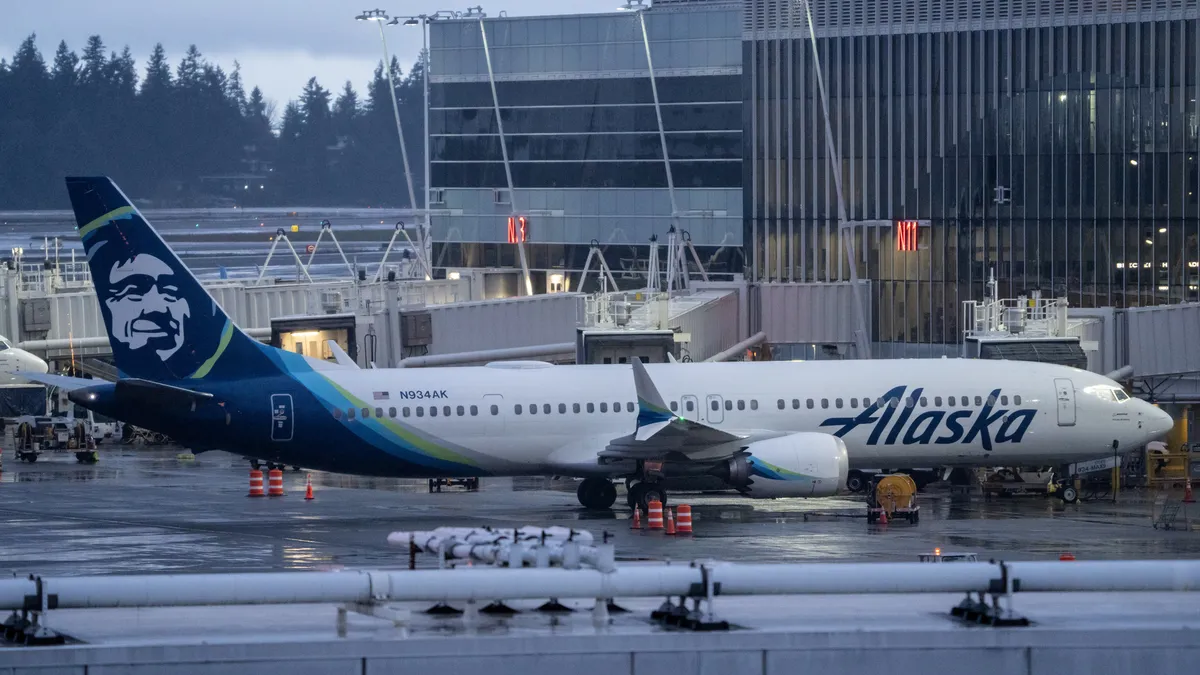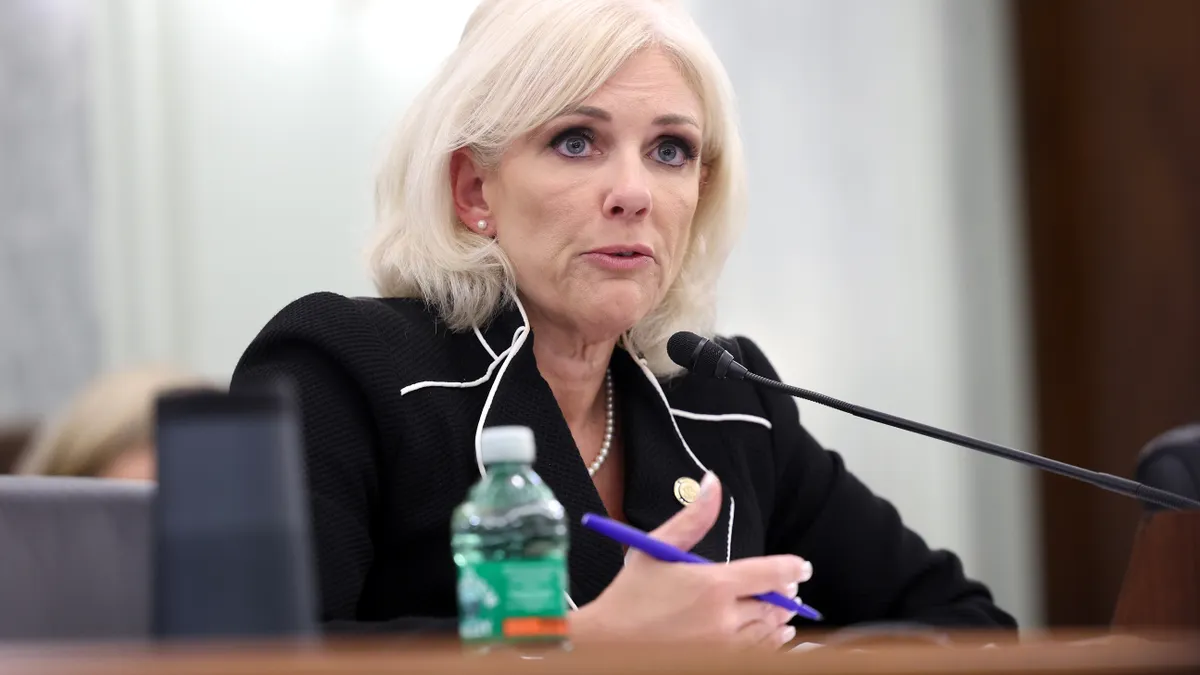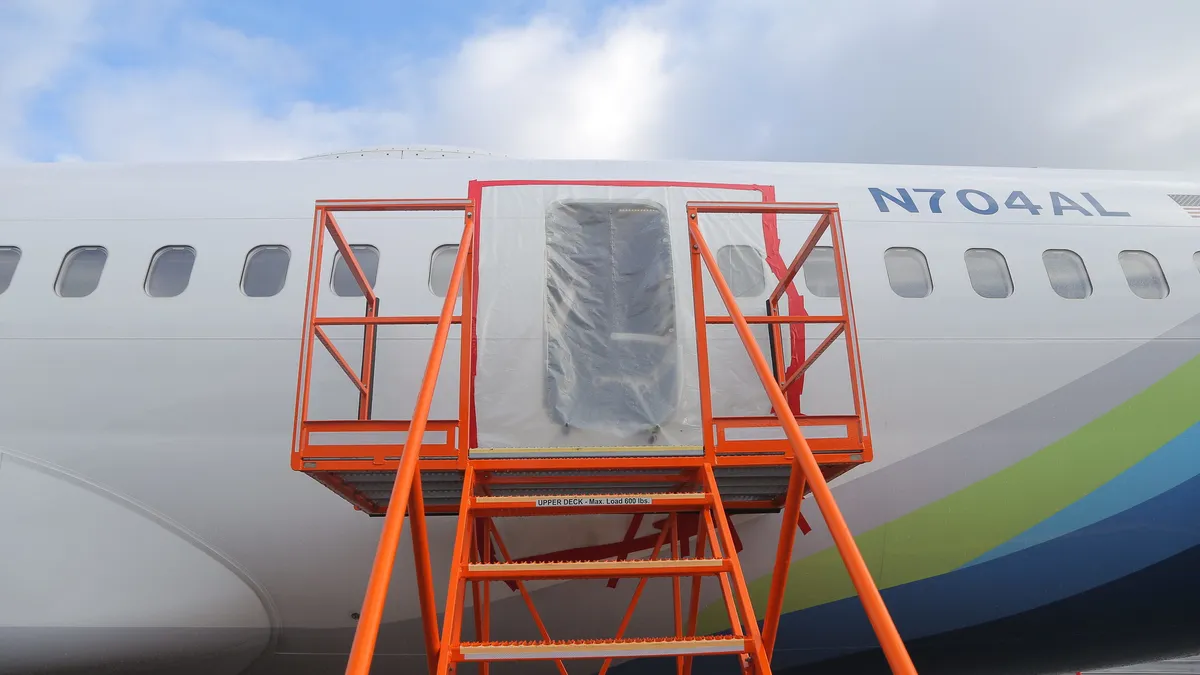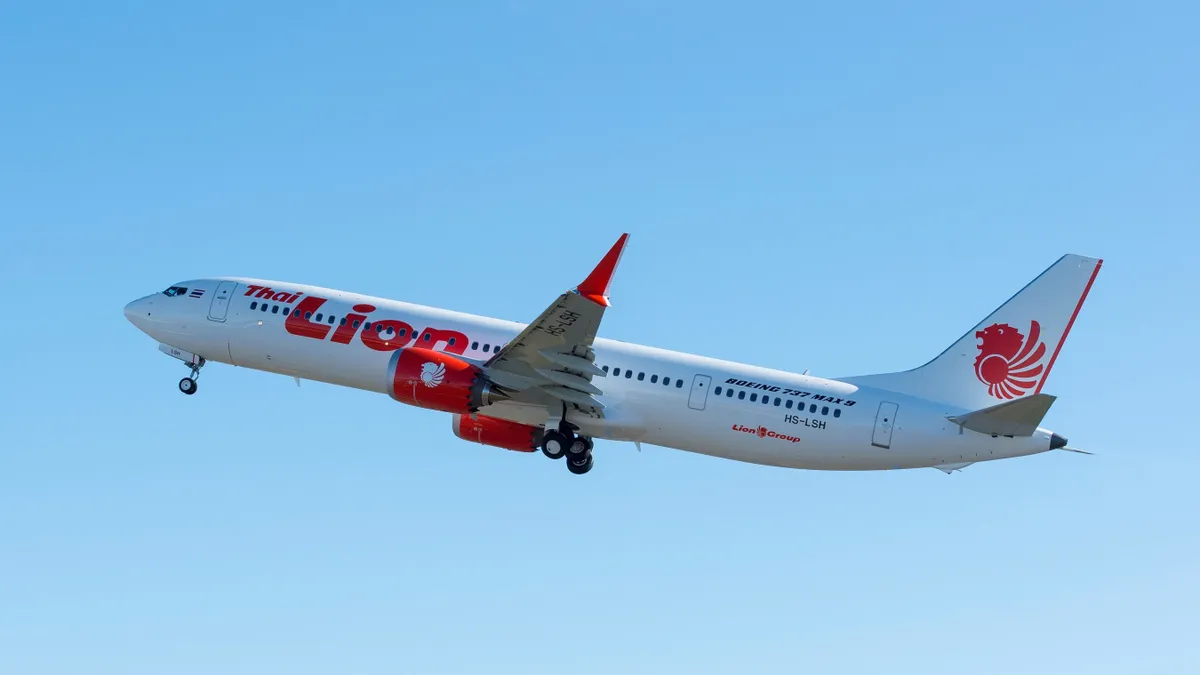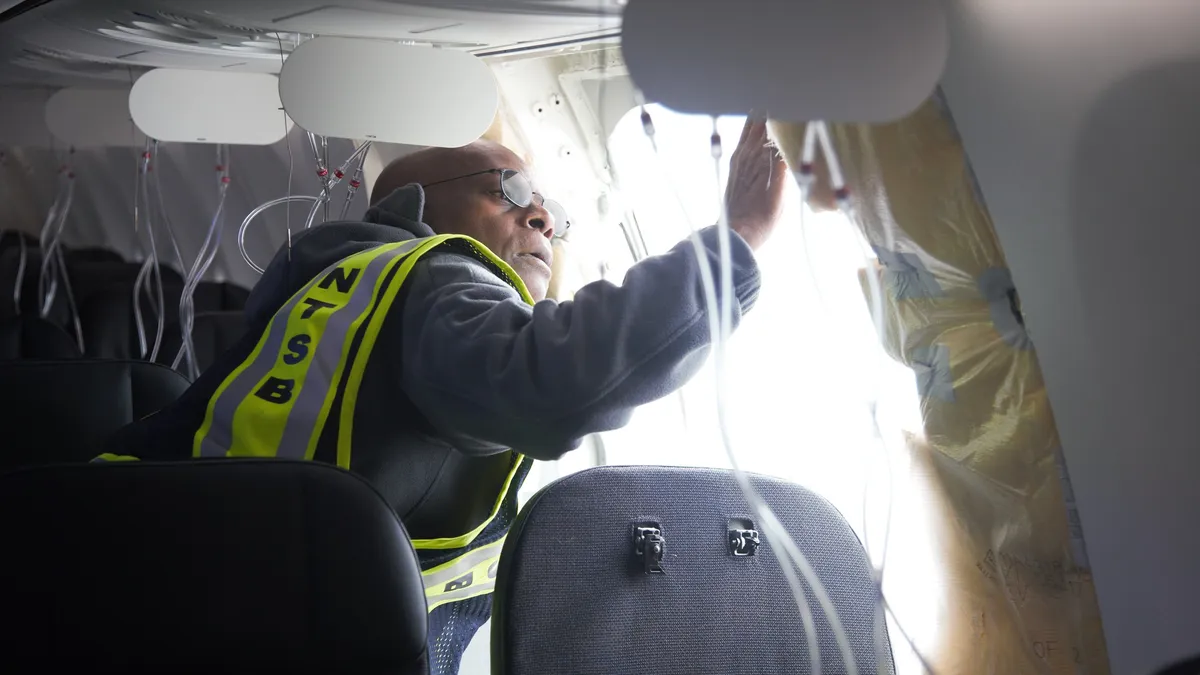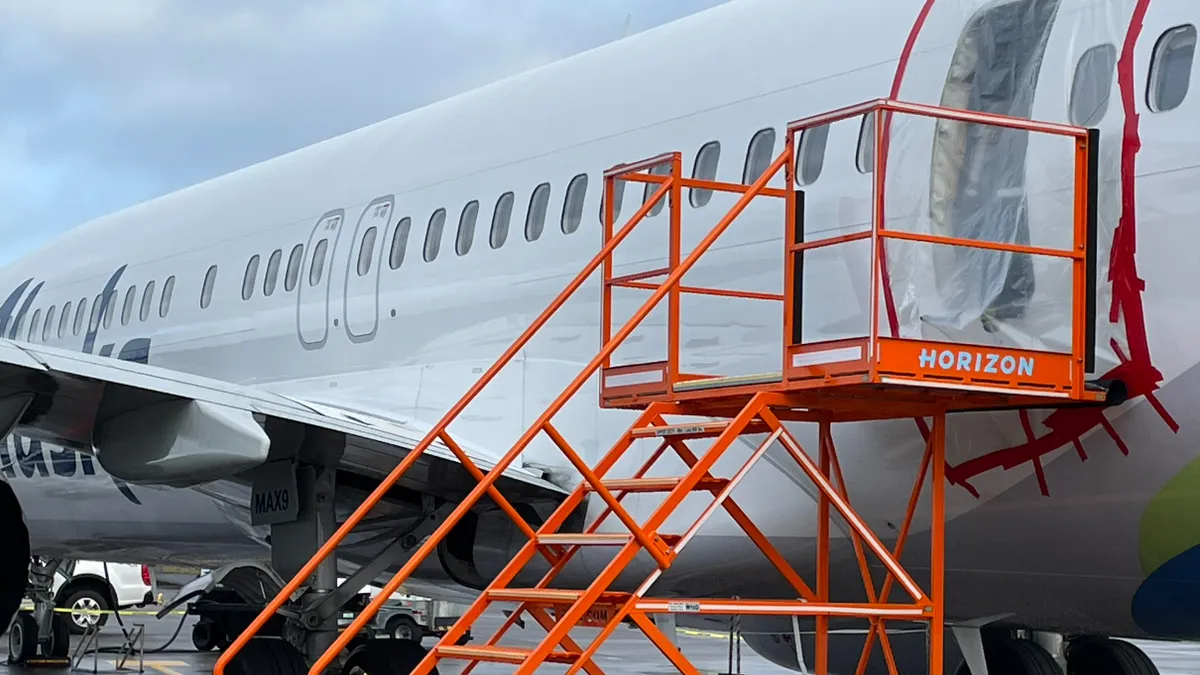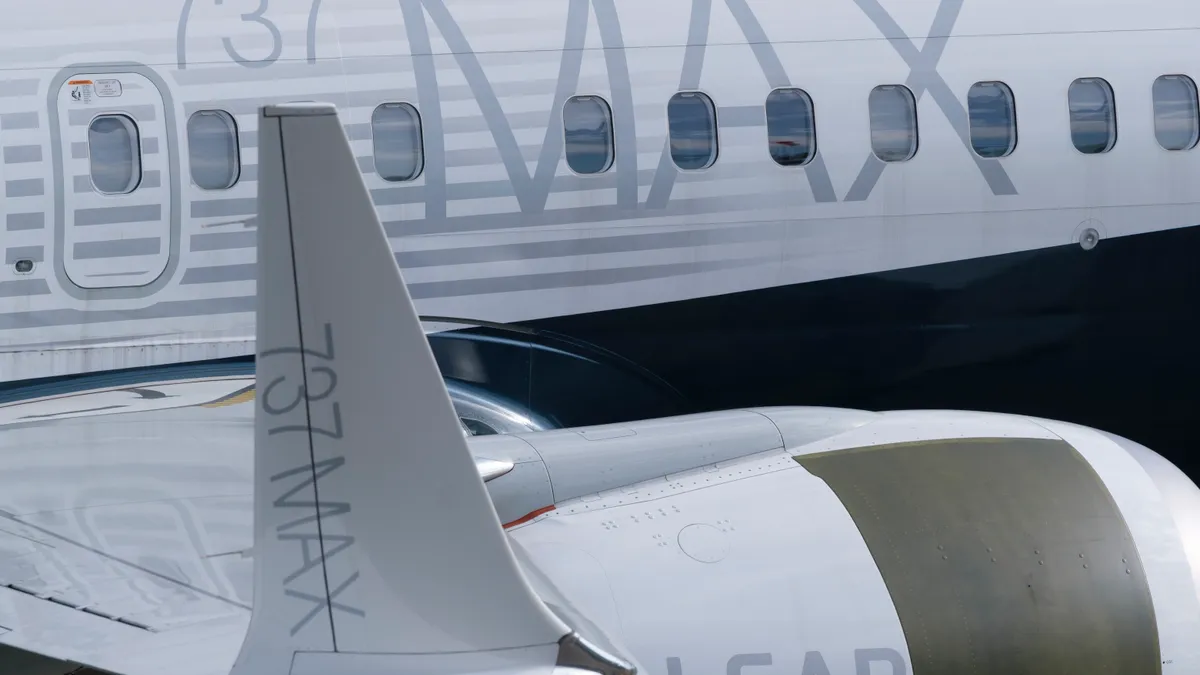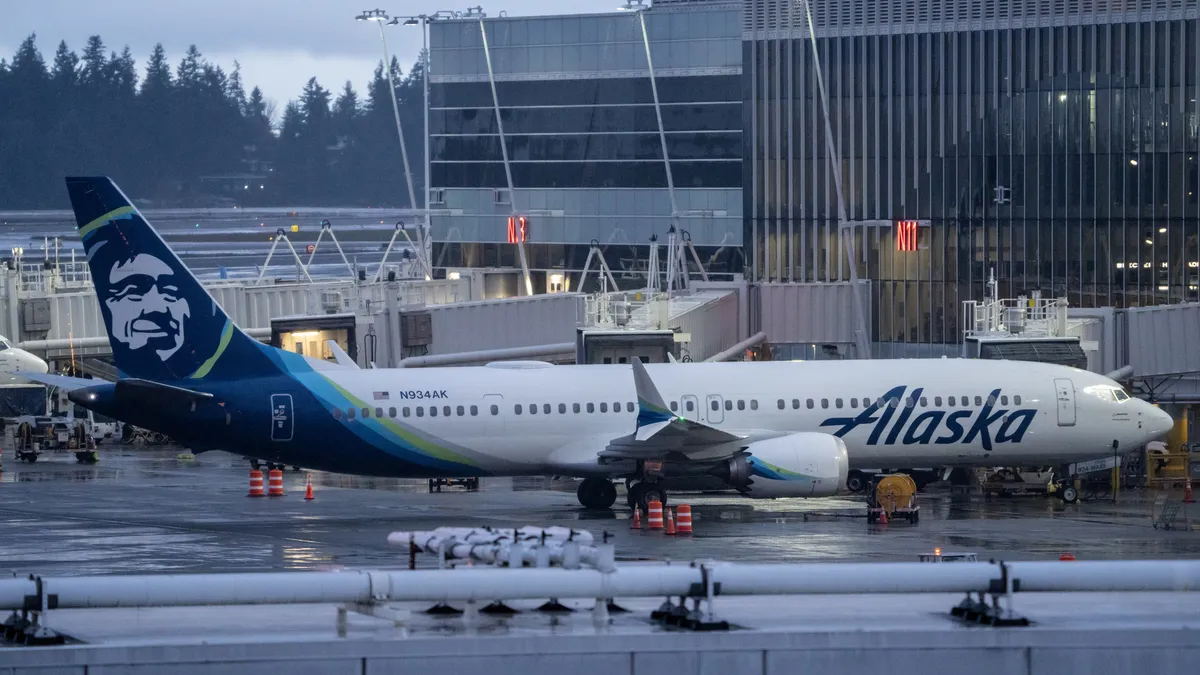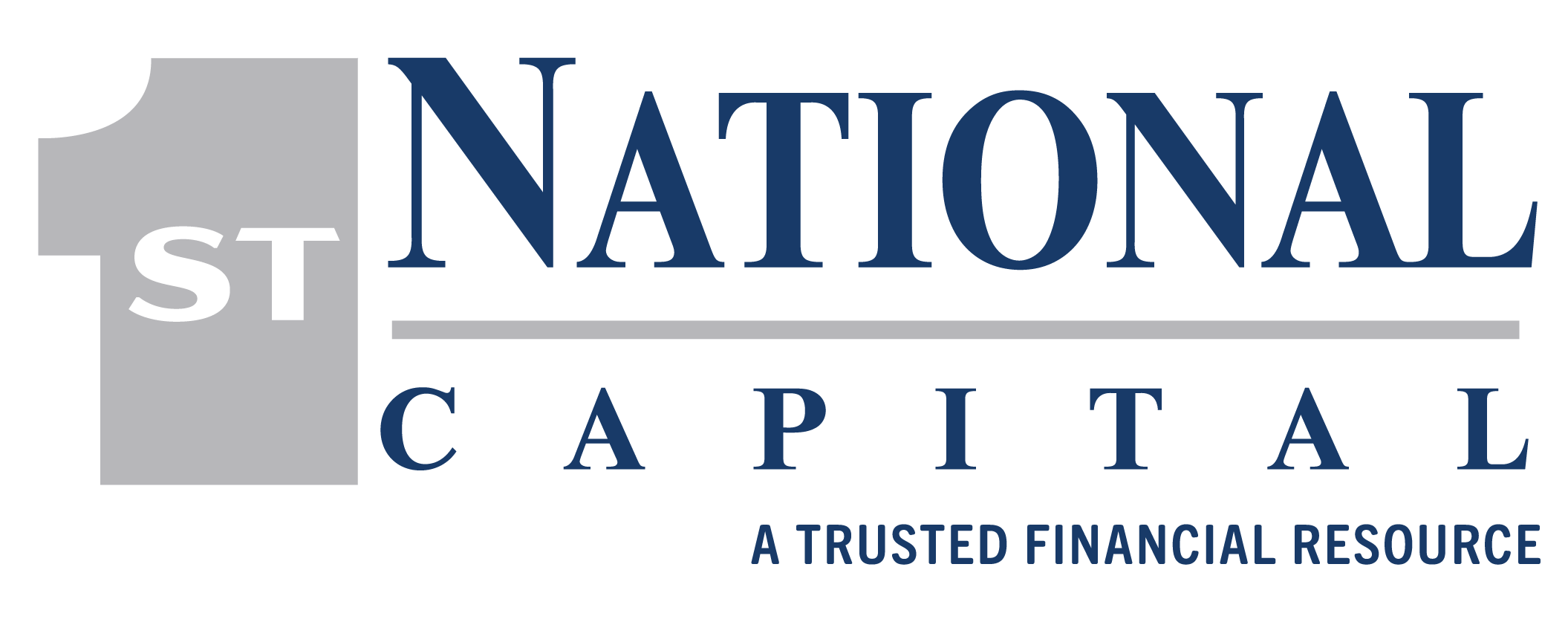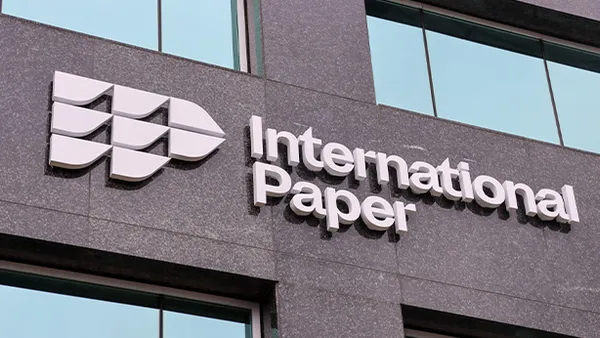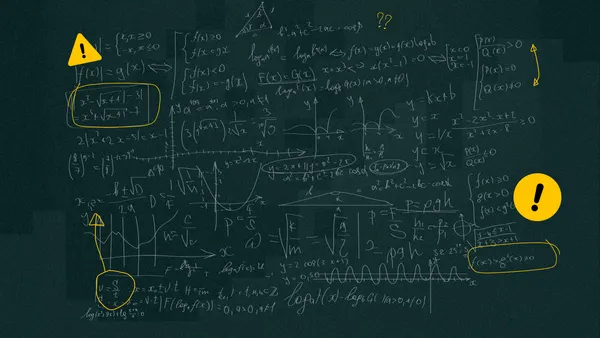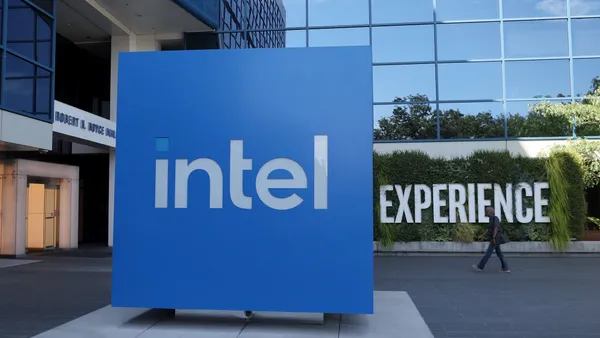Boeing will plead guilty to conspiracy to defraud the Federal Aviation Administration, according to a filing with a federal court in Texas on Sunday.
The plea, if accepted by all parties, would close a yearslong case for Boeing that put its quality control programs into question after two fatal crashes involving the company’s 737 Max aircraft killed 346 people. As a result of the crash, Justice Department officials started a detailed oversight program, which they say Boeing knowingly violated in recent years.
The plea deal on the case includes a three-year probation with several conditions, including a meeting between Boeing’s board of directors and crash victims’ families, and investing at least $455 million toward its compliance and safety programs over the next three years.
The aircraft maker will also be required to report to an independent compliance monitor appointed by the federal government.
Boeing will also pay an additional $243.6 million criminal fine, totaling $487.2 million in criminal penalty fines after already paying the same fine from its previous deferred prosecution agreement.
“We can confirm that we have reached an agreement in principle on terms of a resolution with the Justice Department, subject to the memorialization and approval of specific terms,” Boeing said in a statement to Manufacturing Dive. The aircraft maker declined to comment further.
Families decry a ‘sweetheart deal’
Crash victims' families are unhappy with the proposed agreement and their attorneys have filed a notice on Sunday asking the federal judge to reject the plea and pursue a public trial.
The DOJ initially informed the families that it would not seek prosecution against Boeing and explained the terms of the plea agreement on a video conference on June 30.
“This sweetheart deal fails to recognize that because of Boeing’s conspiracy, 346 people died. Through crafty lawyering between Boeing and DOJ, the deadly consequences of Boeing’s crime are being hidden,” Paul Cassell, attorney for the families, said in a statement. “A judge can reject a plea deal that is not in the public interest, and this deceptive and unfair deal is clearly not in the public interest.”
Boeing and the DOJ initially signed a three-year deferred prosecution agreement on January 6, 2021. The deal allowed the aircraft maker to avoid criminal charges over its role in the crashes after Boeing admitted to defrauding federal regulators on the approval of the 737 Max’s flight stabilization software, called the Maneuvering Characteristics Augmentation System. The MCAS is believed to have contributed to two fatal crashes in 2018 and 2019 involving their 737 Max aircraft.
That agreement was supposed to be in effect for three years. But then, on Jan. 5 — a day before the probation was supposed to end — a door plug blew out during an Alaska Airlines flight. As a result of the infamous incident, the DOJ accused Boeing of breaking the agreement in May, reopening the case.
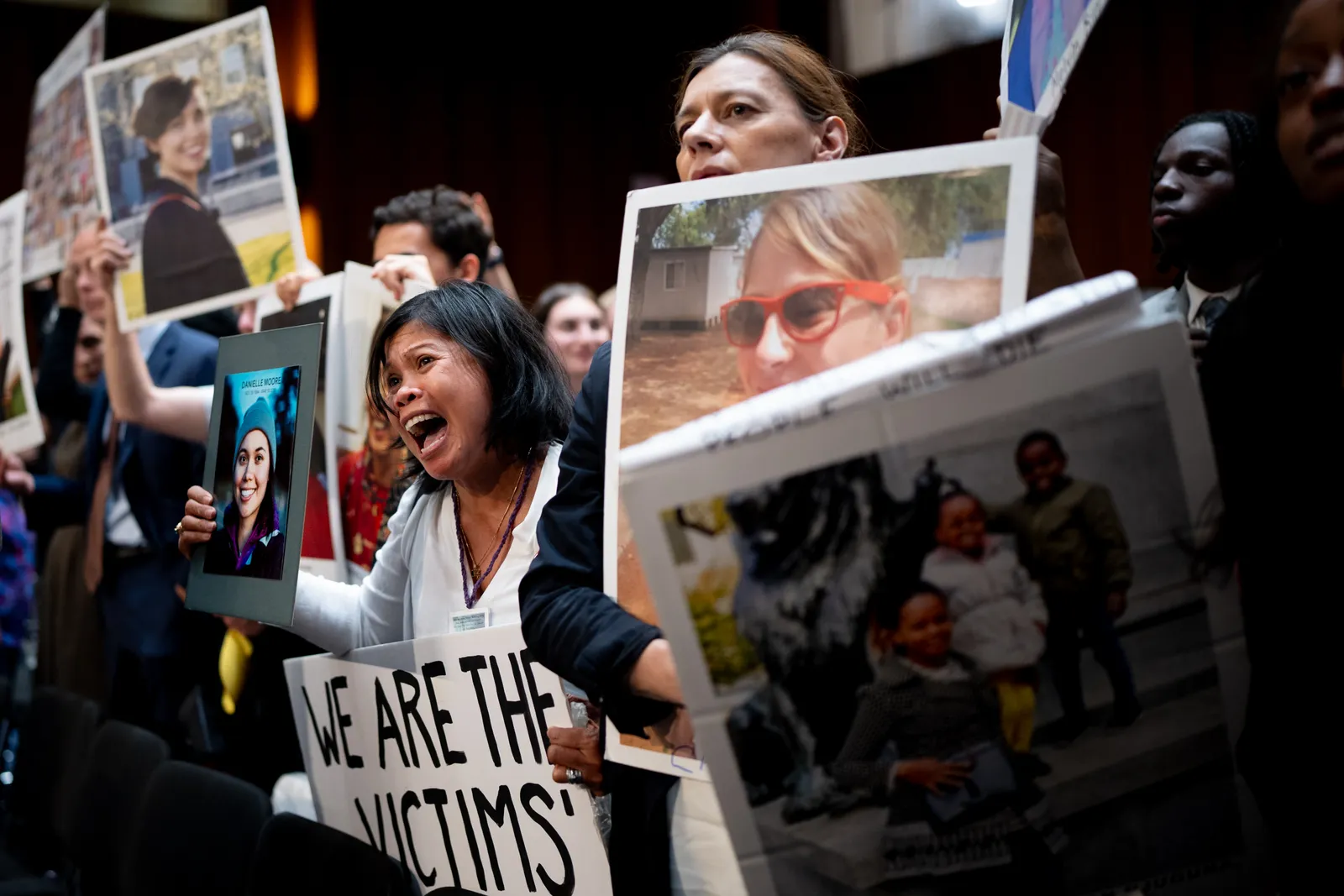
“The DoJ has decided that repeating the same mistakes made when they negotiated their illegal DPA three years ago will now yield a different result,” Javier de Luis, who lost his sister Graziella in the 2019 Ethiopia Airlines crash, said in a statement. “The penalties and conditions imposed on Boeing as a result of this plea deal are not substantively different than those that failed to change Boeing’s safety culture and that resulted in the Alaska Air door blowout.”
De Luis, an aerospace engineer who served on the independent expert review panel which assessed Boeing’s safety management programs in March, added that the guilty plea deal ignores the court’s observation that it should serve the public interest of improving aviation safety.
“When the next crash happens, every DoJ official that signed off on this deal will be as responsible as the Boeing executives that refuse to put safety ahead of profits,” De Luis said.
What's next for Boeing?
Boeing’s guilty plea may affect its business relationship with the Department of Defense, which the aerospace company has billions in contracts with. By law, companies that have felony convictions may be suspended or prohibited from serving as defense contractors. Boeing is expected to seek a waiver, according to The Wall Street Journal.
The proposed agreement will not provide Boeing immunity for any ongoing or future federal investigations, such as the Alaska Airlines incident, according to the court filing.
The National Transportation Safety Board issued a letter dated June 27 to Boeing CEO David Calhoun sanctioning the aircraft manufacturer after its SVP held a media briefing that disclosed non-public and inaccurate information about the ongoing Alaska Airlines and Southwest investigations.
As a result, Boeing will remain a party to the investigation but will no longer have access to the information, according to the letter. The NTSB will hold a hearing on the Alaska Airlines incident on Aug. 6 and 7 in Washington, D.C., at which Boeing employees have been subpoenaed to attend.
Correction: A previous version of this article incorrectly described Boeing's attendance at the National Transportation Safety Board hearing on Aug. 6 and Aug. 7. Boeing has been subpoenaed to attend but may not ask other participants questions.



